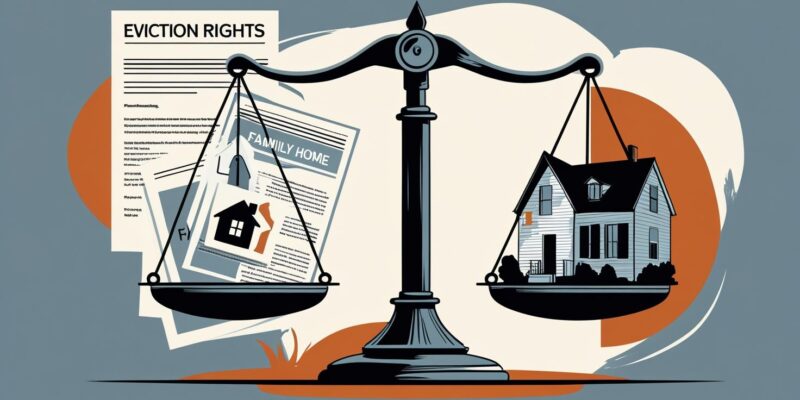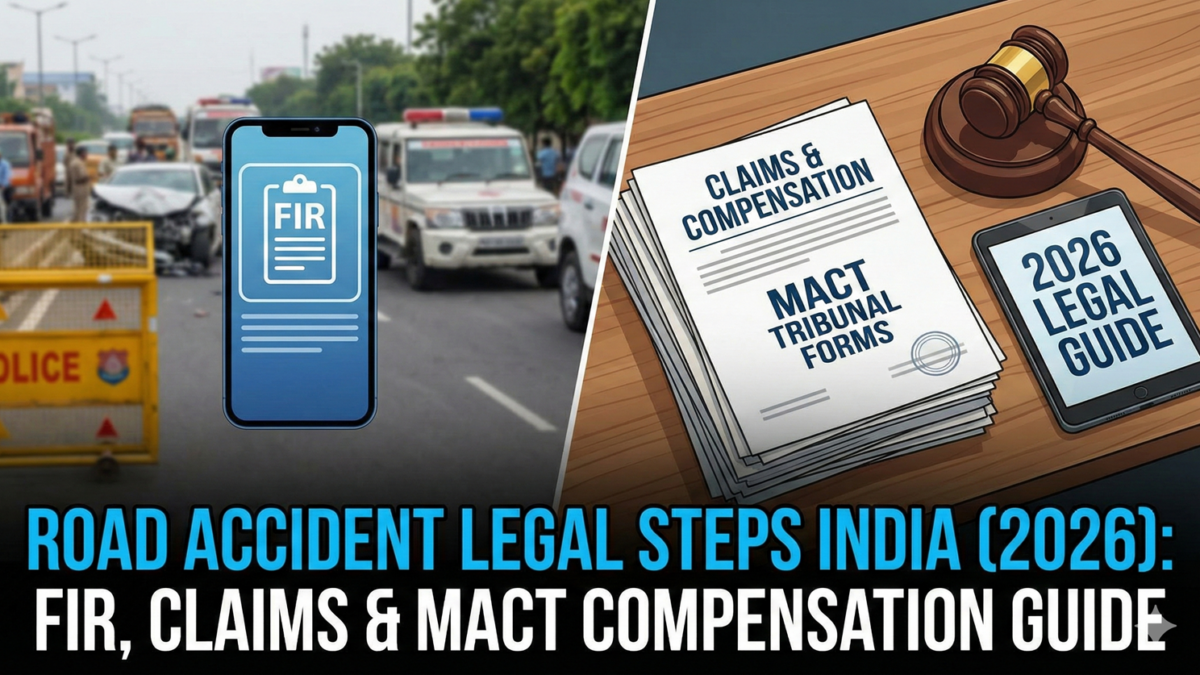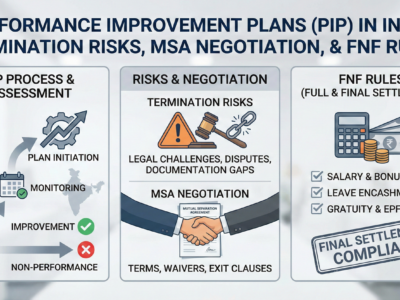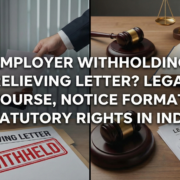
Introduction:
- Understanding eviction laws and tenant rights is crucial for maintaining a balanced and fair relationship between landlords and tenants.
- Eviction is a legal process, and tenants have specific rights and protections under the law.
- This article delves into the intricacies of eviction laws and the rights tenants possess during such circumstances.
Landlord’s Responsibilities:
- Landlords must follow legal procedures when seeking to evict a tenant.
- They cannot resort to self-help measures, such as changing locks or forcibly removing tenants, without a court order.
- Evictions must be based on valid reasons recognized by the law, such as non-payment of rent, violation of lease terms, or other specific grounds outlined in the relevant tenancy laws.
Valid Grounds for Eviction:
- Non-payment of Rent: One of the most common reasons for eviction is the failure to pay rent on time. Landlords can initiate eviction proceedings if tenants consistently default on rent payments.
- Lease Violations: Violation of lease terms, such as unauthorized subletting, engaging in illegal activities on the premises, or breaching specific clauses, can lead to eviction.
- End of Lease: If a lease has reached its expiration date, landlords can choose not to renew it and ask the tenant to vacate the premises.
Legal Notice:
- Before filing for eviction, landlords are generally required to serve a legal notice to the tenant.
- The notice specifies the reason for eviction and provides a certain period for the tenant to remedy the situation or vacate the premises.
- The notice period varies based on the reason for eviction and local tenancy laws.
Tenant’s Right to Cure:
- In some cases, tenants have the right to “cure” or rectify the issue mentioned in the eviction notice within the specified timeframe.
- For instance, if the reason for eviction is non-payment of rent, the tenant may have the opportunity to pay the overdue amount and avoid eviction.
Eviction Laws and Procedures:
- Eviction proceedings are generally carried out in the local housing or municipal court.
- Landlords must file a complaint with the court, citing the reasons for eviction.
- The tenant is served with a summons, and both parties have the opportunity to present their case during a court hearing.
Tenant’s Right to Defend:
- Tenants have the right to defend themselves against eviction in court.
- They can present evidence, such as proof of rent payment or explanations for alleged lease violations.
- In some cases, tenants may be able to delay or prevent eviction if they can demonstrate valid reasons for their actions.
Retaliation Protection:
- Tenants are protected against retaliation by landlords for asserting their legal rights.
- If a tenant files a complaint with a housing authority or takes legal action against the landlord, the landlord cannot retaliate by attempting to evict the tenant in response.
Illegal Evictions:
- Landlords engaging in “self-help” measures, such as changing locks or shutting off utilities, without a court order, are engaging in illegal eviction.
- Tenants facing illegal evictions can seek legal remedies, including damages, in court.
Tenant’s Right to Privacy:
- Even during eviction proceedings, tenants have the right to privacy.
- Landlords must follow legal procedures and provide proper notice before entering the premises, except in emergencies.
- Unauthorized entry or invasion of privacy can be grounds for legal action by the tenant.
Relocation Assistance:
- Some jurisdictions require landlords to provide relocation assistance to tenants being evicted for specific reasons, such as property renovations or redevelopment.
- Tenants may be entitled to compensation or assistance in finding alternative housing.
Appeals Process:
- If a tenant disagrees with the court’s decision, they may have the right to appeal.
- The appeals process allows for a higher court to review the case and determine whether the eviction was justified.
What is your reaction?
Excited
0
Happy
0
In Love
0
Not Sure
0
Silly
0










